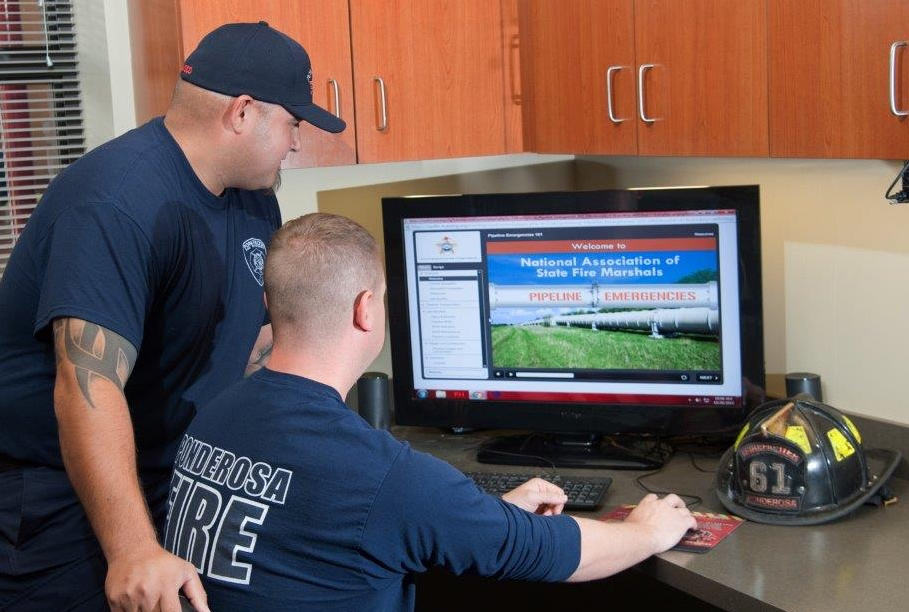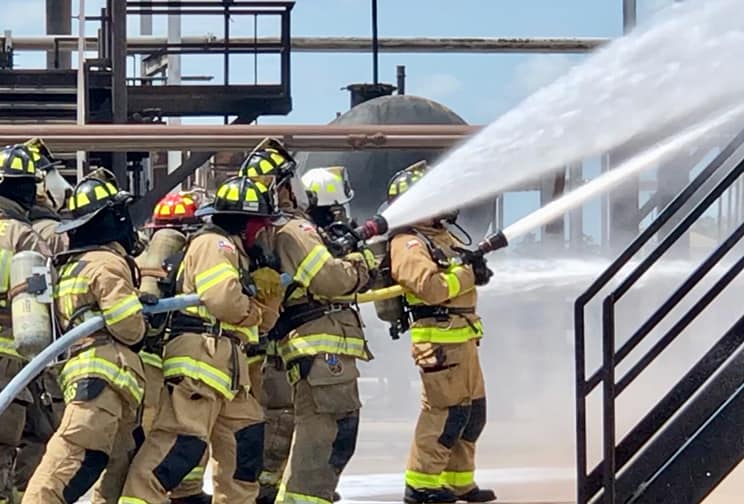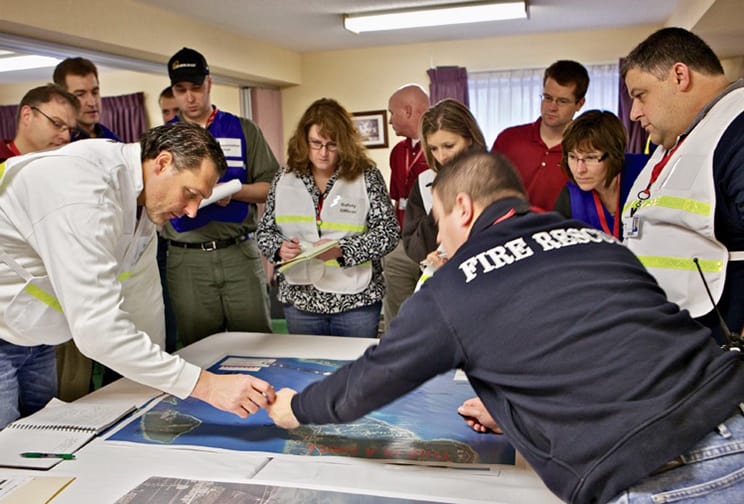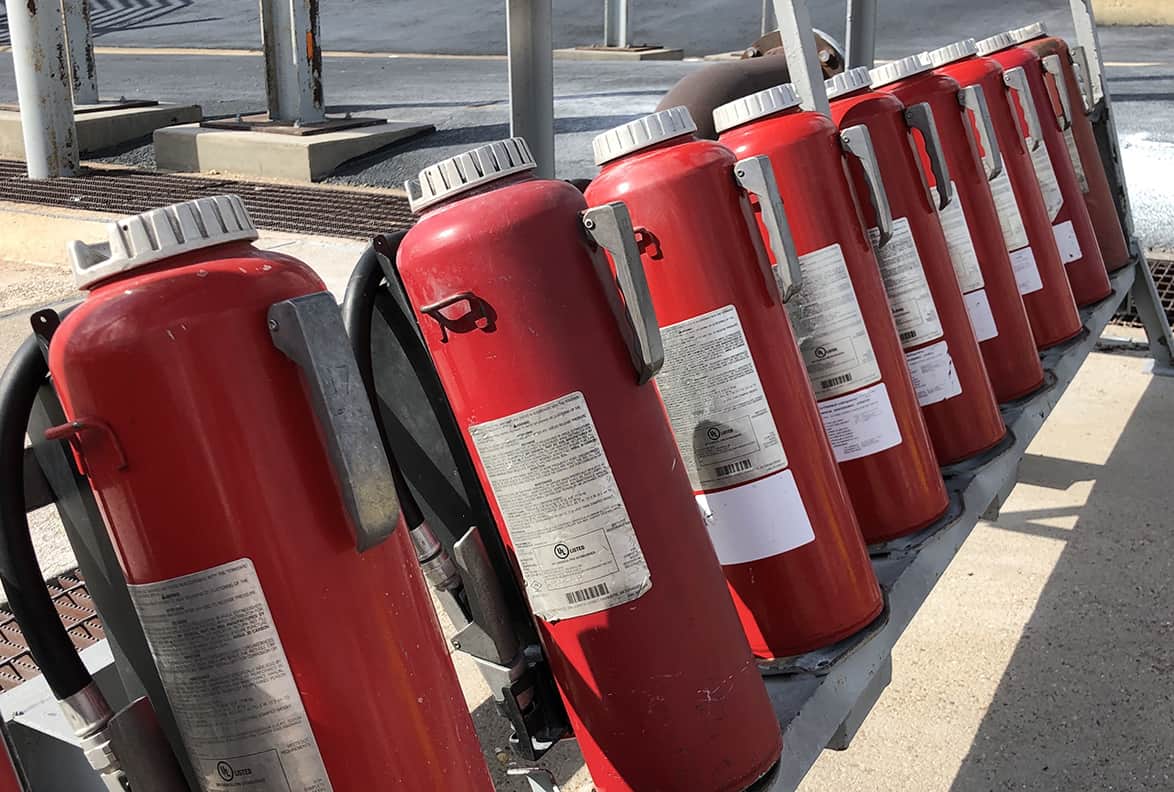Ready to Respond
Quick Response
Pipeline releases, while rare, do sometimes occur. When that happens, pipeline operators work together with local first responders, government agency representatives, and cleanup contractors to respond as quickly as possible, perform any cleanups, and then investigate what happened.
.jpg)
What Happens During Emergency Response
All pipeline operators are required to have detailed emergency response plans describing how they will respond to any emergency. These plans can be quickly invoked to deploy containment equipment such as movable barriers and booms to limit the spread of a spill, followed by equipment such as vacuum trucks and steam cleaners to clean up the spill. A government On Scene Coordinator, such as from the U.S. Coast Guard or U.S. Environmental Protection Agency, will help organize efforts.
Steps to Respond to an Incident:
- Stop the leak by shutting down systems quickly and safely
- Dispatch first responders and clean-up crews
- Get spill response equipment to the site
- Contain the released product to minimize spreading
- Ensure the safety of the public, employees and contractors
- Protect wildlife, water bodies and vegetation
- Repair the pipeline
- Clean up, remediate and restore the site
- Long-term monitoring of the site to determine if any further action is required
Free Online Training
Pipeline operators have teamed up with the National Association of State Fire Marshals (NASFM) to offer free pipeline emergencies training for first responders. This “The Pipeline Emergency Training Portal” program, provided at no charge, is available online, 24/7. The program provides first responders access to information about what to expect in a pipeline emergency and how to respond effectively. The training is self-paced: participants progress through the online modules at a rate that is comfortable for their learning style and that accommodates their busy schedules.
Learn More

Training With Responders

Practicing
